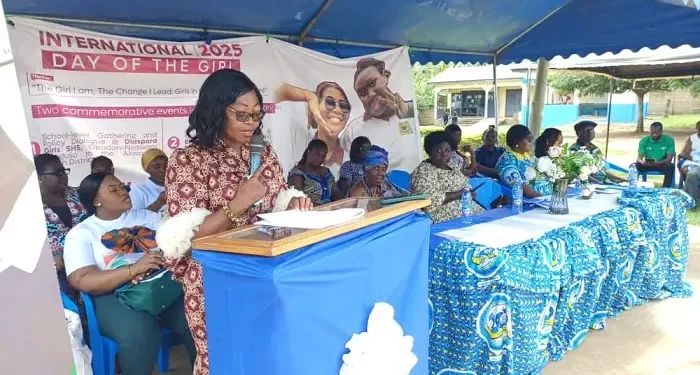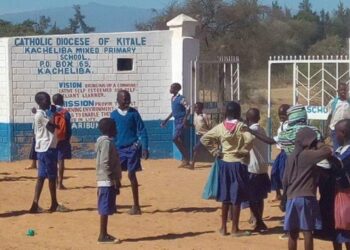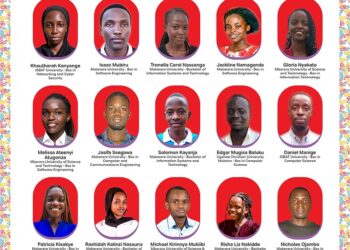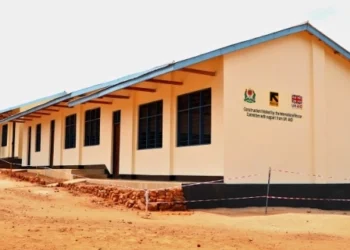The Girls’ Education Unit (GEU) of the Ghana Education Service (GES), in collaboration with the Girls’ Education Network (GEN), has renewed its call for sustained national and global investment in girls’ education.
The two bodies cautioned that the significant progress achieved over the past three decades since the 1995 Beijing Conference on Women could be undermined without continued support and commitment.
The appeal was made during the 2025 International Day of the Girl (IDG) celebration held at Diaspora Girls’ Senior High School in Nsawam-Obodan. The event, themed “The Girl I Am, The Change I Lead: Girls on the Frontlines of Crisis,” brought together education stakeholders, civil society groups, development partners, teachers, and students to celebrate the resilience and leadership of Ghanaian girls.
Delivering the keynote address on behalf of Professor Smile Dzisi, Deputy Director-General (Management Services) of GES, Mrs Hilda Amegatsi, Municipal Director of Education for New Juaben North, highlighted Ghana’s progress since the establishment of the GEU in 1997. She noted that millions of girls had benefitted from targeted interventions that improved access, retention, and completion rates across all levels of education.
“Following the Beijing Conference, Ghana made a bold commitment to gender equality in education,” she said. “The establishment of the GEU was a decisive step in breaking barriers that kept girls out of school. The success stories of today’s women in public service, academia, science, and entrepreneurship are living testimonies of this investment.”
Mrs Amegatsi appealed to government, donor agencies, and civil society organisations to renew their commitment, stressing that the world could not afford to regress on the progress made. “When you educate a girl, you educate a nation,” she added.
Responding to claims that promoting girls’ education sidelines boys, Professor Dzisi dismissed such assertions as misleading, stating that gender equity in education benefits both sexes. “Empowering girls does not mean neglecting boys,” she said. “Education is not a zero-sum game. Our goal is to create a level playing field where both girls and boys can thrive. When girls succeed, families are stronger, communities are healthier, and nations are more prosperous — and boys benefit equally from that progress.”
Mrs Amegatsi reaffirmed the GES’s dedication to advancing gender equity and inclusion through initiatives led by the GEU, the Special Education Division, and other gender-responsive school programmes. She also expressed appreciation to the GEU’s partners, including UNICEF-Ghana, CAMFED-Ghana, T-TEL Ghana, FAWE Ghana, Child Online Africa, and Power to Girls, for their continued support.


















































































 EduTimes Africa, a product of Education Times Africa, is a magazine publication that aims to lend its support to close the yawning gap in Africa's educational development.
EduTimes Africa, a product of Education Times Africa, is a magazine publication that aims to lend its support to close the yawning gap in Africa's educational development.